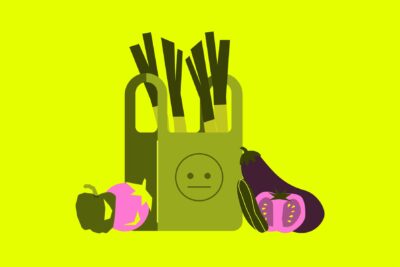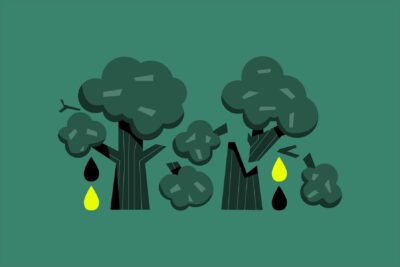We know why you say that, and most vegans also said it at some point in their past, too, often right before they made the change! Nonetheless, we would urge you to keep an open mind when it comes to your food choices. After all, there are some excellent reasons why switching to a plant-based diet could really work for you, and you could miss out on what many people say was the best decision of their life. Here are a few of the reasons why “I will never be vegan” turned into “I can’t believe I didn’t do this sooner.”
For so many vegans, health is the driving factor. Switching to a plant-based diet can have a profound and often immediate effect on our health and wel-lbeing. Within weeks, new vegans often report better digestion, skin, energy levels, and sleep. Some find that the symptoms of conditions like arthritis, Crohn’s, and even depression reduce significantly or disappear completely. But it is over the longer term that perhaps the biggest impacts can be seen. Vegans suffer less from high blood pressure, heart disease, diabetes, and some kinds of cancer, and they tend to live longer, too, so for your own health, we would encourage you to never say never.
And it’s not just about us. Our food choices impact other beings, too, both human and non-human, so when we say “this is my choice,” we should be aware of how that choice affects others. Just as an example, slaughterhouse work has been linked to a variety of mental health disorders including PTSD (post-traumatic stress disorder) and PITS (perpetration-induced traumatic stress). It has also been linked to higher crime rates, including higher rates of domestic abuse, as well as alcohol and drug abuse. When we ask someone else to cut the throats of animals all day every day—a job most of us would be unwilling to do ourselves—we are placing an enormous burden on other people and on wider society.
Our food choices affect people in other parts of the world, too. Globally, 40 percent of all arable land is now used for feed crop production, an area which, if it were to be used instead for human food cropping, could feed an additional four billion people. Soy, corn, wheat, and many other commodities are in hot demand because of how much farmed animals need. Prices rise, and those who cannot afford to pay lose out to the meat-hungry appetites of the global north. While we waste crops by feeding them to animals, more than 800 million people in the world do not have enough to eat.
All these crops need so much land to grow that natural habitats are destroyed to create more farmland. Beef production is responsible for around 80 percent of the Amazon’s destruction, while soy is also a serious problem, with most of it grown for factory-farmed animal feed around the world, especially for chickens, egg-laying hens, milk-producing cows, pigs, and fishes. This destruction of forests and other natural habitats drives climate breakdown and the worldwide loss of wild species. All that is before we even consider the billions of farmed animals who spend their sad, short lives inside a cage or filthy barn, suffering perhaps on broken legs, or grieving for the loss of their young. We know for certain that those animals suffer.
Most people care about something, whether that is their own health, that of their families, human rights, the planet, or animals. So, take another look at the reasons why people choose a plant-based diet, and you may just find in a quiet moment of reflection that you agree with them after all.



